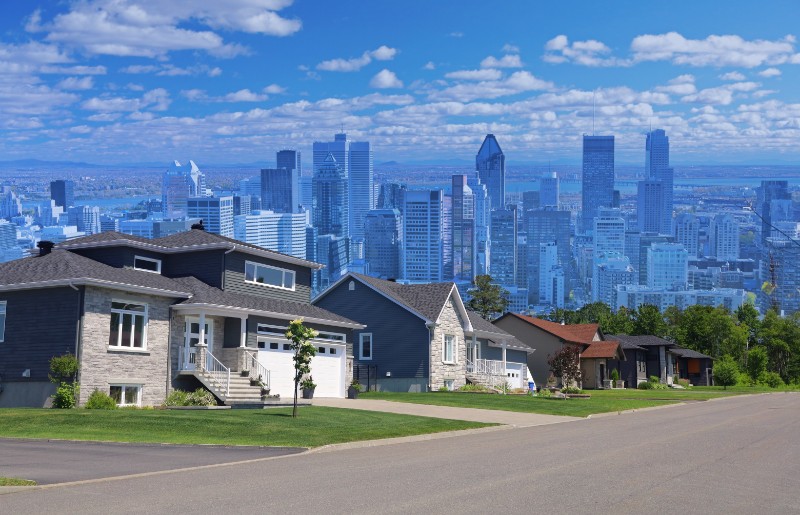As the old saying goes, in real estate it’s all about location, location, location. So when buying a home, the neighborhood you choose is just as important as the property itself.
To help you determine what to look for in a neighborhood when buying a home, take a look at our guide:
Define what you want first
How to find a good neighborhood to live in often begins with asking yourself what’s lacking in your current community. Perhaps you live in the city center and would prefer a more suburban vibe. Or maybe you like your current address but find it too far from your office or the kids’ school. It really helps to draw up a list of ideal characteristics, but be sure to delineate between non-negotiable features and nice-to-have ones. After all, all communities will have their pros and cons, so look for one that ticks most—not all—your boxes.
Drive around the neighborhood
If you’re keen on buying a home in a given area, hop on your car and take a drive around the neighborhood. Are the homes in good condition? Are there parks where your family can unwind? Are the sidewalks well-maintained and walkable? Is the traffic smooth or congested? Do the residents seem friendly and welcoming? These are all factors you’ll have to live with if you decide to move there, but they may not be on the brochures your agent provides.
Check for accessibility
No matter how much you love your house, you’ll be spending most of your time outside of it. As such, it’s worth asking how accessible your future address will be. According to the U.S. Census Bureau, the average commute time in the country is 26 minutes; you can use sites like SmartAsset.com to see how your new commute route compares. Check also for proximity to major highways and transport hubs to better gauge how easy it is to get around.
Look for a good school district
Living near a great school isn’t just beneficial for your kids—it can significantly boost your home’s market value, too. Research by the National Bureau of Economic Research (NBER) found that every $1 spent on a public school increases home values by $20. Thanks to sites like GreatSchools.org or Niche.com, you can quickly check the quality of schools in a certain area. Platforms like Realtor.com also often include school ratings in individual property listings as well.
To HOA or not to HOA?
According to a study by George Mason University, homeowners association (HOA) can boost a property’s asking price by 5%-6%. This shouldn’t be surprising, though, as HOAs require homeowners to meticulously maintain their houses and yards, which helps boost property prices. However, avoid communities with an overly strict HOA; you wouldn’t want to live in a place where every home improvement has to be approved by the board of directors.
By keeping these factors in mind, you’ll be well on your way to finding a neighborhood your entire family will love. And to fast-track your home search, work with a trusted real estate agent like James Coley, who specializes in Palisades, D.C. real estate.
Give him a call at 240.800.5155 or send an email to hellercoleyreed(at)gmail(dotted)com to learn all about D.C.’s most in-demand communities.
